SUMMARY
This is AI generated summarization, which may have errors. For context, always refer to the full article.
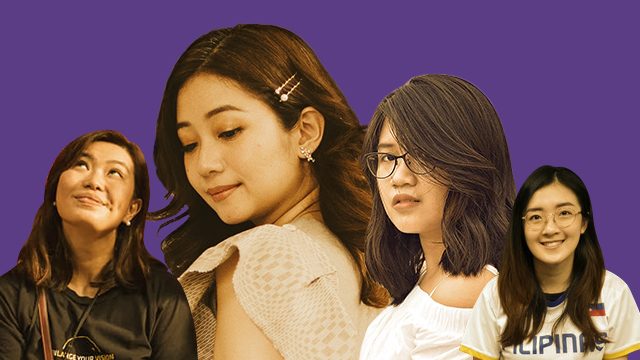

MANILA, Philippines – Media and entertainment is generally a diverse field in the Philippines. However, specific subfields in this landscape are often attributed to men, such as esports and streaming, sports and technology reporting, and even some key roles in film production.
In the West, for instance, a study on women in film and television in the US showed that women are still largely underrepresented in the film production industry. In 2019, the top 250 grossing films of the year lacked women in any of the key behind-the-scenes roles — at least 31% of the movies have no women or only one woman working as director, writer, executive producer, editor, or cinematographer.
Although we may lack local data on the gender composition of the workforce in these industries, anecdotes about women’s struggles and experiences in their fields occasionally resurface.
Rappler Hustle makes women visible to inspire girls and young professionals to pursue roles in media, sports, gaming, and film production that are usually occupied by men.
Anne Monzon, cinematographer
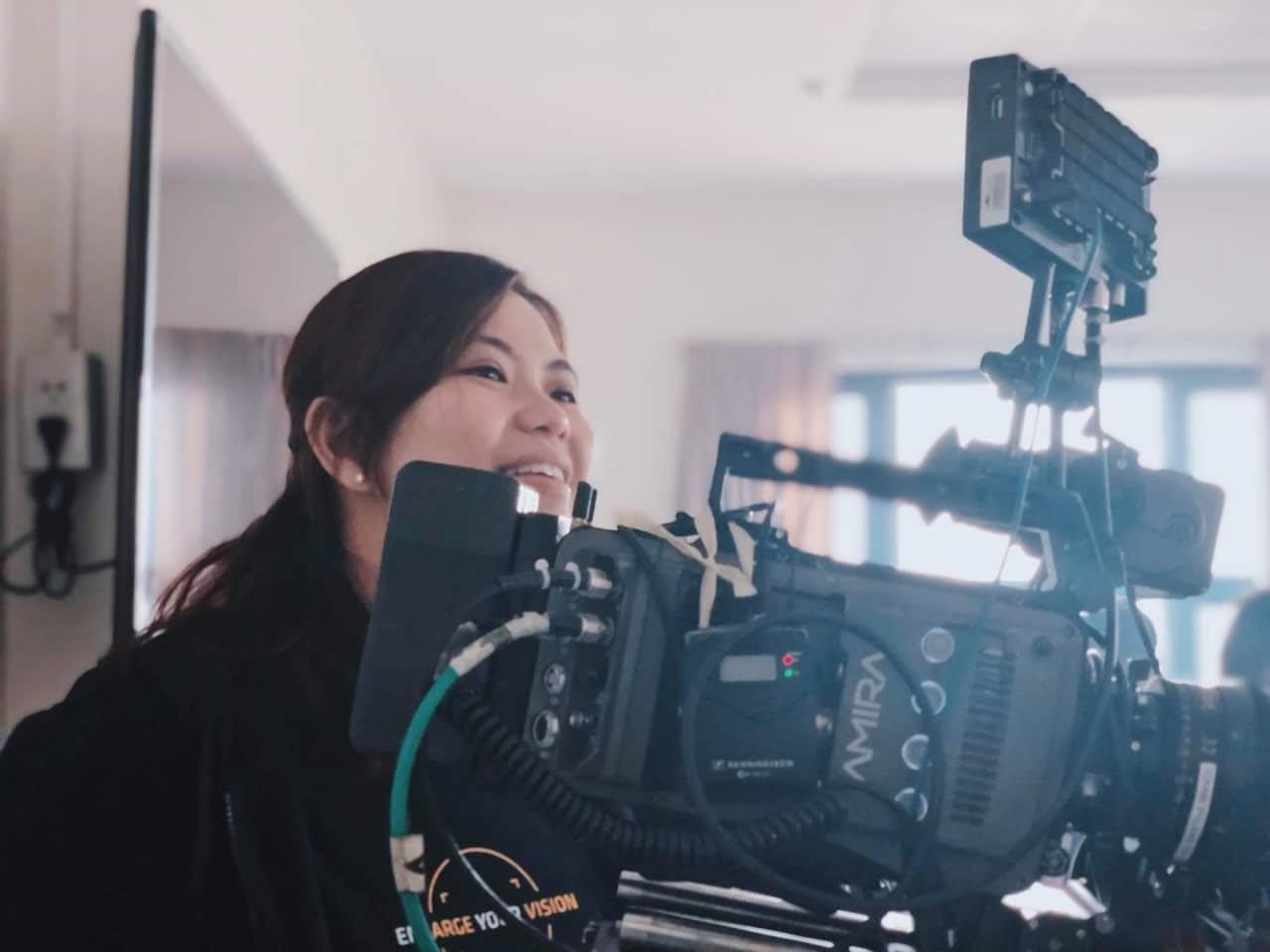
Anne Monzon is the vice president for internal operations of the Lupon ng Pilipinong Sinematograpo (LPS), the only female officer of the organization. The most recent film she worked on is MMFF 2019 entry Miracle in Cell No. 7.
Was it difficult to establish yourself in your field, given that it is male dominated? What challenges did you face?
Anne: I’ve been asked this question multiple times. To be honest, I didn’t find it exceptionally difficult to establish myself as a female cinematographer. I had the same trials and hustles as the men in my batch who were starting out. I can only attribute this to the fact that the female cinematographers who came before me, namely Marissa Floirendo, Lee Briones, and my own mentor Shayne Sarte, were the ones who bore the brunt of the biases of the old male gatekeepers of the industry. None of us would be enjoying this fairly-level playing field without them, and it’s this realization that keeps me forever grateful and eager to pay it forward.
What should be done to make more space for women in film production?
Anne: I think it’s important to build awareness that no job is gender-based, including this one. It’s good to let a young girl know that she can get a job as a cinematographer if she wants to.
A great way women are doing that now, here and in other countries where there is so much more bias against female cinematographers, is by sharing photos, stories, and interviews of themselves on set. Pictures of them as cinematographers, camera operators, Steadicam operators, grips, gaffers, assistant camerawomen. Seeing that it’s possible, that the doors ARE open, can make a girl realize that she can be a part of all this.
What would you tell other girls who might want to enter film production one day
Anne: None of this is easy. Put in the work. Be disciplined. Be respectful of others and of yourself. Do this consistently for years and years and years.
Mistakes will be made, but you have to get up and try again and again and again. These days it’s so easy to hold a camera and declare yourself a cinematographer, but time will prove what kind of cinematographer and person you really are. You have to be willing to do this for the long haul.
That being said, I’ve always felt like cinematographers have the strongest camaraderie with each other in the film and advertising production industry. You will never be without support – this I have proven time and again. Knowing the great men and women who came before you will always give you this full feeling in your heart at how lucky you are to be called as one of them, and it’s this feeling that will keep you marching on.
Ceej Tatengco, sports reporter and Go Hard Girls podcast host
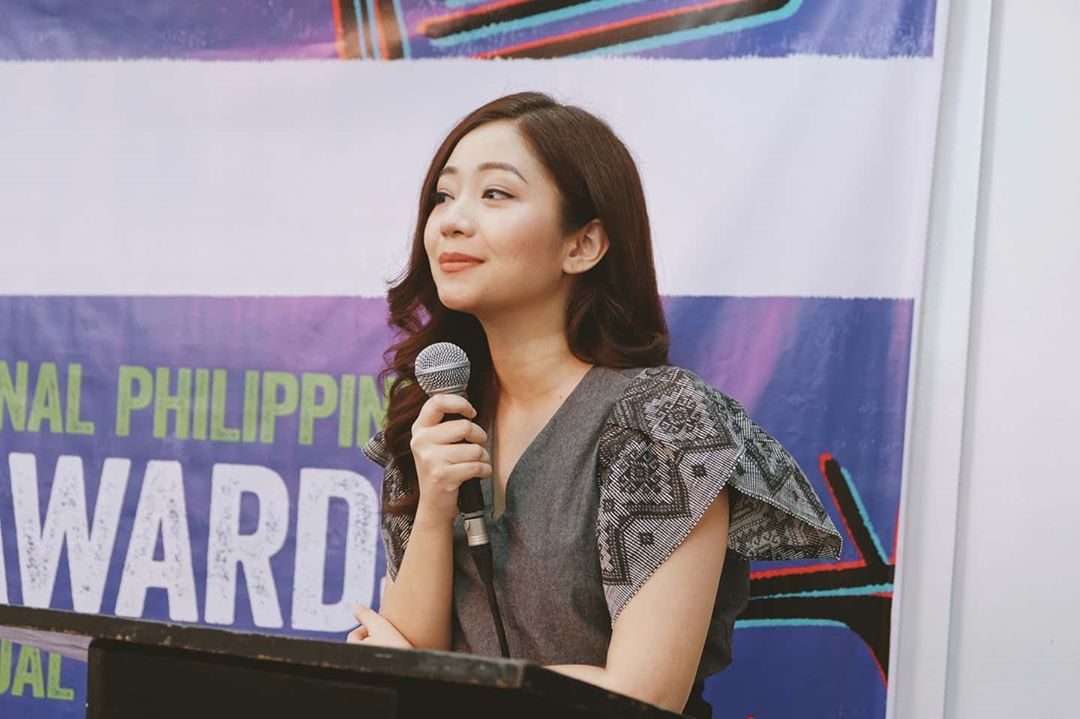
Ceej Tatengco, a courtside reporter, wrote and delivered live reports and interviews for the National Collegiate Athletic Association (NCAA) basketball and volleyball tournaments. (READ: Filipina athletes finally get a platform to share their stories through Go Hard Girls)
Was it difficult to establish yourself in your industry, given that it is male dominated? What challenges did you face?
Ceej: I was a courtside reporter for four years, mostly covering men’s basketball – which, admittedly, is steeped in macho culture. There’s a common misconception within sports reporting that men are naturally better at analysis, while women are better at features and lighter pieces. Courtside reporters, in particular, are often written about as “your campus crush” rather than credible sports journalists, which I never felt comfortable with. Framing women this way affects hiring and training opportunities. Even today, Patricia Bermudez-Hizon remains the only woman to have called play-by-play in the PBA.
Harassment is also a real concern. In my early days in the industry, some coaches would ask me if I’d like to date their players, players who would respond to my requests for interviews with “kiss muna,” (a request for a kiss) and sports fans who would touch me inappropriately when taking photos. I would complain, but there were a lot of people in the industry who told me “ganyan talaga, lahat ng babae dumadaan sa ganyan.” (That’s just how it is. All girls go through that.) I had to fight for myself, set my own boundaries, and be my own advocate. I realized early on that there are certain situations where I had to make a choice between being respected and being liked – and that I’d take the respect every time.
The struggles of women working in sports mirror those of female athletes, as well. Female athletes experience a double standard: while their male counterparts need only be skillful to become stars, women are expected to be both talented and beautiful to gain the same level of fame.
That’s not to say it’s all bad. For every difficult memory, I have many more happy ones; and I wouldn’t trade my career for another. But it can’t be denied that we still have a long way to go to achieving equality in sports.
What should be done to make more space for women in sports reporting?
Ceej: I’ve been a consultant for a professional sports team since 2018, and that has helped me appreciate just how important it is to have women in leadership positions within the industry. Whether it’s female sports editors, executive producers, coaches, consultants – when a woman makes decisions, she can empower other women, too. That said, it’s also important for men in male-dominated fields to listen to women, reassess their own assumptions, and call out their fellow men when necessary. Equality shouldn’t be seen as a women’s issue. It’s a shared mission.
What would you tell other girls who might want to enter sports reporting one day
Don’t be afraid to take up space! And then when you get past the door, hold it open for the woman who comes after you.
Nadine Pacis, video game journalist
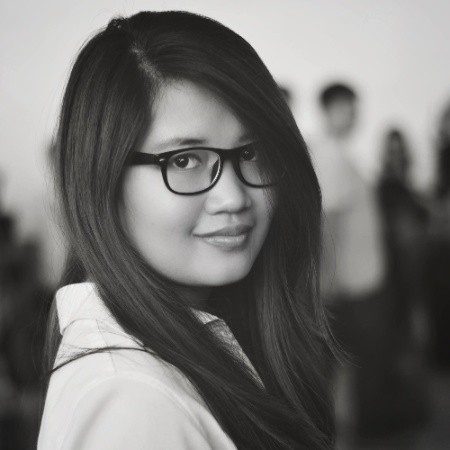
Nadine Pacis is a contributor to Rappler’s Technology section. She writes news and feature stories on consumer technology and video game industry and video game reviews. She also covers video game-related events in the country.
Was it difficult to establish yourself in your industry, given that it is male dominated? What challenges did you face?
Nadine: I find myself an exception to the rule when it comes to a woman establishing her name in the games journalism industry. I’m extremely lucky that I got my start as an intern in Rappler and then eventually becoming a contributor. The platform has certainly helped me get my start immediately. But I know it’s not easy for many women who want to start. There’s often a lot of doubt surrounding women who write for games, and I still feel that sometimes when I’m out covering too.
Being a woman in games journalism, and even in any nerd industry in general, it always feels like you have to do twice the work to not just prove yourself but to also establish your identity. You get boxed in easily depending on how you present yourself. It’s either you become a feminazi or a titty streamer, or you’re someone who is just looking for attention. I used to always police myself in how I speak and how I write and how I present myself. I was self-conscious whenever I’m in an interview with a lot of men surrounding me. I felt like every time I spoke out and asked a question, I was carefully scrutinized for it. The biggest challenge was finding my distinct voice and not being apologetic about it.
What would you tell other girls who might want to enter video game writing one day
Nadine: Get a blog/vlog, stream, write, create, produce. You can do all of these on your own. Trust me. I covered E3 2016 as a one-woman machine, and you can do way more with technology now too. Find your voice and stick to it. Don’t ever change for what you think people want. Uplift fellow girls.
Be educated too. One of the biggest regrets I have is learning little about fields that influence and impact video games. Learn about feminist theory, sociology, pop culture, game development. These will enrich your experience as you write for the games industry.
But above all, just start now, and keep going.
Jia Dee, esports athlete and caster
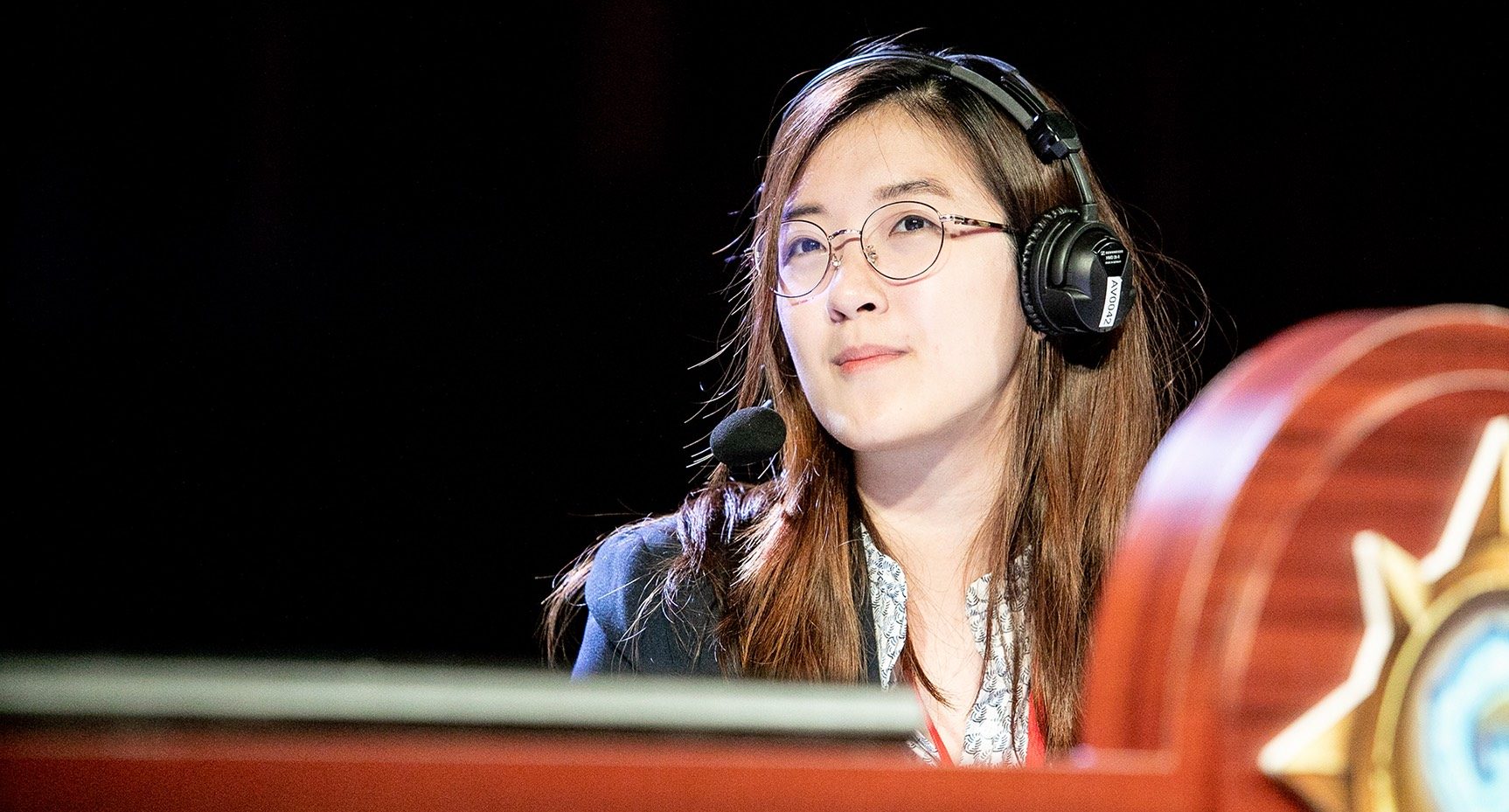
Jia Dee, a Hearthstone caster, plays for Bren Esports. She made history as the lone woman in the Philippine esports team at the 2019 SEA Games.
Was it difficult to establish yourself in your industry, given that it is male dominated? What challenges did you face?
Jia: Actually, establishing myself as a caster wasn’t too difficult in terms of the time it took. Because the esports industry is male-dominated, I think there is a certain demand for women working in the space. As games attract more and more female fans these days, many esports showrunners value diversity.
Once I had gotten my first gig, the challenge was to make sure that I was there not just to fill a diversity quota, but because I was skilled and knowledgeable about the game. It’s an ongoing challenge, but not one unique to women.
As for the challenges that I faced as a woman, they were mainly about developing a thicker skin. Being on camera for an audience anywhere would subject you to judgment. Then it’s an even bigger adjustment when you have a live chat – as you often do for esports events full of people that can say whatever they want under the protection of anonymity.
Some trolls would say nasty things about my appearance, my voice, and most hurtfully my game knowledge. All this without bothering to check credentials first. As a woman, I probably had more to prove. But gradually, I learned to filter out thoughtless comments and only take in constructive criticism.
What do you think should be done to make more space for women in esports?
Jia: I think that the spaces are there and that the esports community (not including trolls in chat, which you won’t encounter at offline events anyway) is welcoming to all people. Yet there seems to be an invisible barrier of sorts because we don’t see that many women are competing. At the last LAN I competed in before the SEA Games, there were maybe 8-10 women out of 300 players.
Women are interested in games, but I think we aren’t actively encouraged to be competitive and go pro as often men would be. I think it’s mostly a subconscious thing — when all the media you see about esports are men winning huge prizes, men calling the plays, men making the games, you become conditioned to think that that’s just what someone in esports should look like. So I think what we need are voices assuring women that we are just as capable, voices encouraging women to take the first step into the community.
It can come from an example of a woman excelling (VKLiooon’s win at last year’s Hearthstone Global Finals is considered a milestone in this regard), or from tournaments organized to increase women’s visibility (such as the WSOE tournaments I participated in). Sometimes it just takes a woman on stream for another woman watching to think, “Hey, that could be me.” And that could be the stimulus to join the community.
Once someone gets over that hurdle, when they take the leap of joining their first LAN event, they start to compete more and more. That’s how I got hooked. I just hope that my example can help push others to take that first step.
What would you tell other girls who might want to enter esports one day?
Jia: Being a woman in a largely male space puts you in a strange spot. Some people will put you on a pedestal, and others will belittle you, both for no reason beyond your gender. Both these groups are in the wrong. You must be wary of staying grounded in the face of the former, and develop the confidence to ignore the latter. Don’t let the attention get to your head or let yourself be patronized, and only take criticism from people you respect.
Finally – and this is advice I give to everyone trying to enter the esports industry – you need to put in the time. Countless people are trying to get into esports, thinking that this is all play and no work, but the reality is because so many people want to make it, only the very best can actually excel. Be one of the best at your game, and then keep getting better. – Rappler.com
This story is Part 2 of our feature on women in male-dominated fields and industries. In Part 1, we featured the science and tech industry.
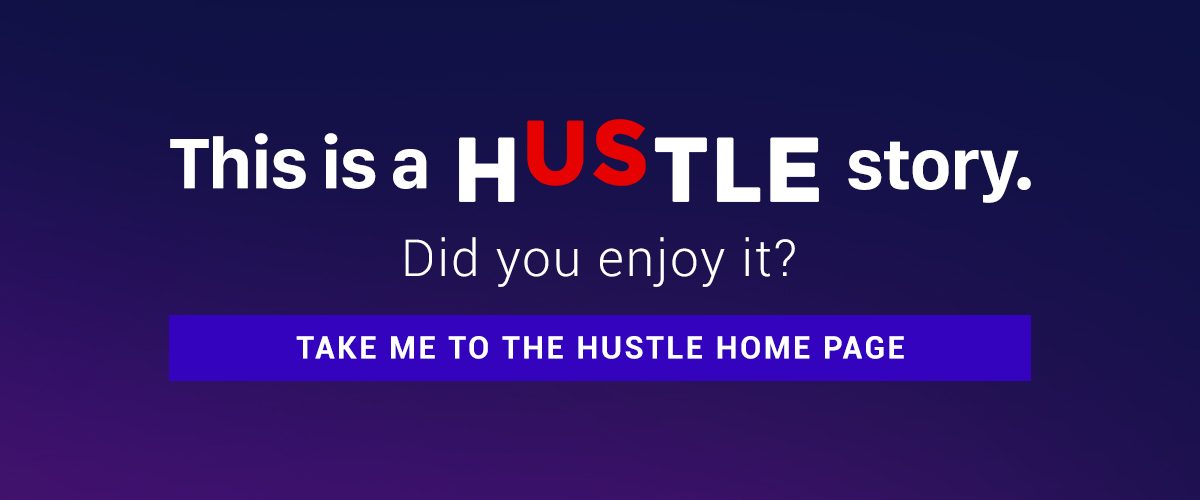
Add a comment
How does this make you feel?
There are no comments yet. Add your comment to start the conversation.